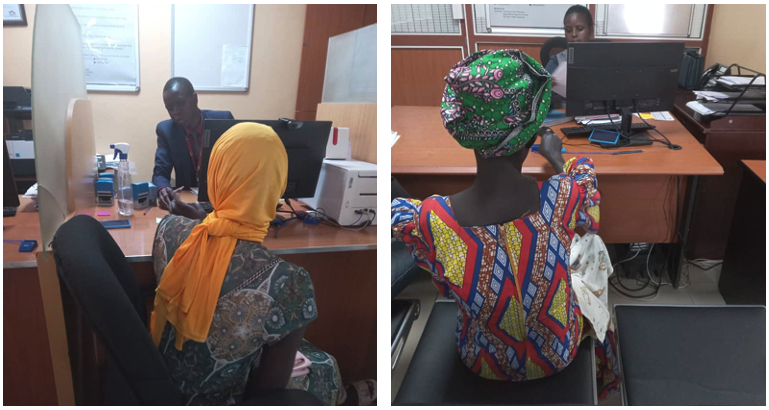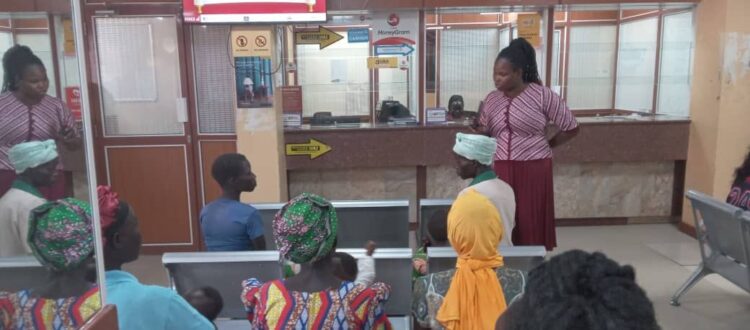Youth Development Accounts Opened for Refugee Youth Living in Settlement Communities
Under the leadership of Dr. Nhial Tutlam, ICHAD’s Associate Director for Research, the Suubi+Adherence4Refugee study aims to understand the factors associated with access to and utilization of HIV treatment and adherence, trauma-associated disorders, psychological functioning, and sexual decision-making among refugee youth living with HIV. The study also tests whether a combination of the youth readiness intervention (YRI) plus an economic empowerment component consisting of youth development accounts (YDA) and financial literacy training (FLT) would be feasible and acceptable to address mental health challenges among refugee youth living with HIV.
The YRI intervention is designed to reduce symptoms of internalizing, externalizing, trauma-related symptoms, and improve prosocial skills and functioning among war- affected youth. On the other hand, the economic empowerment component is designed to address financial distress, facilitate food consumption and improve adherence to HIV treatment. The study has recruited 180 youth from 20 health facilities located in three refugee settlements of Bidibidi, Imvepi and Rhino settlement camps in Uganda. All recruited youth completed baseline assessments.
In November, the research team opened up savings accounts for the youth who were randomized to the intervention arm, which receives the economic empowerment component. The youth were transported to Arua town where the closest branch of Equity Bank is located, to open up their accounts. Each youth will save an equivalent of $10 per month for six months, which will then be matched by money from the project. During this period, the youth will have direct access to both their personal savings and the matched funds –providing them with a safety net to address short-term consumption needs and financial emergencies. Expenditures made by youth during this period will be tracked using financial diaries.

Participants getting their biometrics taken
The research team worked in close collaboration with the health counsellors and village health teams (VHTs) within each of the settlements to mobilize the youth to participate in this activity. Amidst the massive challenges of the heavy rainy season and bad terrain, the team reached a major milestone of linking participating youth to a financial institution to begin their savings journey. Youth were extremely excited about travelling to Arua to open up bank accounts. As one participant noted:
“Despite the counsellor keeping us informed about what was going on, I was starting to give up. I am really thankful to ICHAD for being an organization of its word.”
This study is funded by an administrative supplement from the Eunice Kennedy Shriver National Institute of Child Health and Human Development (NICHD), McDonnell International Scholars Academy, and the Global Health Center’s Global Seed Program at Washington University in St. Louis. Learn more about ICHAD’s studies conducted in refugee resettlement communities here.

